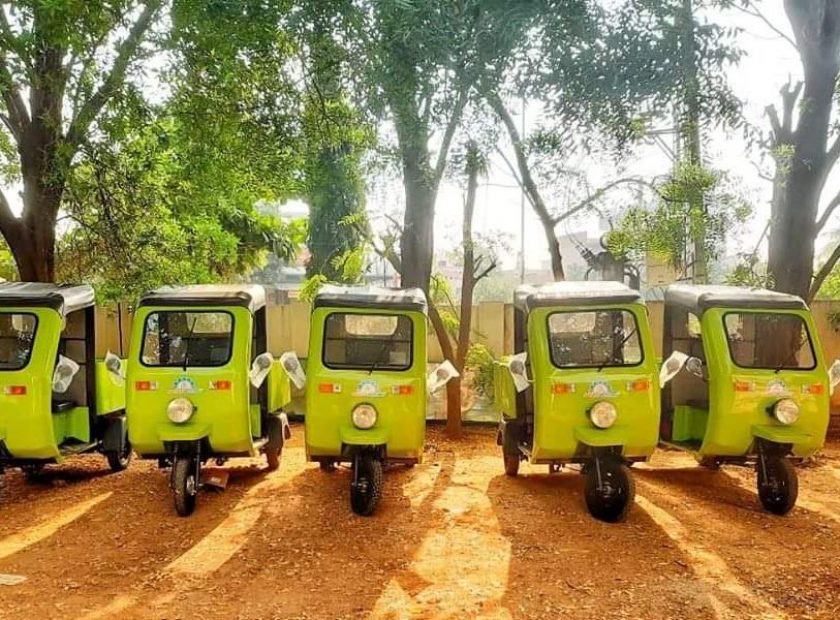EV and African Market – Part 1

Green tech startups are leading Africa’s charge towards electric mobility, a critical intervention in the fight against climate change driven by a global tide in the use of electric vehicles (EVs).From the Cape to Cairo, every major cities in African continent are working towards the vision. To catalyse the transition and to ease the adoption of electric mobility, several countries are framing comprehensive policies. The decision by European Union (EU) in mid July, 2021 to phase out diesel and petrol car sales has a positive impact on African countries like South Africa, which exports nearly 64% of its manufactured vehicles to global markets.
Jane Akumu, a programme officer with the United Nations Environment Programme (UNEP), says that the continent is awakening to the opportunities in the EV market, especially in electric two- and three-wheelers where the business opportunities in charging & battery swapping, local manufacturing & assembly as well as renewal energy are potential. “We see an interest in many African governments and the private sector in e-mobility today. There is increased interest in more countries to incentivise the uptake of EVs, like Kenya, Ethiopia, Senegal, Côte d’Ivoire and many more where the governments are looking at EV uptake,” she says.
As many as 9 countries have allocated part of their Global Environment Facility funding to electric mobility. UNEP, through its Global E-Mobility programme, has been helping African countries to come up with the right policies to switch from fossil fuel mobility to electric mobility and is looking forward to see more countries and cities make clearer pronouncements such as the dates when they will phase out internal combustion engine vehicles. South Africa, Mauritius, Seychelles, Rwanda, and North African countries are the early leaders in the EV market, according to UNEP. “We see governments reviewing their taxation structure, adopting EV policies and standards to favour EV uptake, and the private sector is also keen to have a share in this market. We have close to 50 startup companies in Kenya in the electric two- and three-wheeler space and by May 2021, there were about 18 e-mobility companies, with more being established faster than ever before,” she says.
East Africa has been the centre of Africa’s radical shift to electric mobility. Rwanda leads in the promotion of e-mobility through its recent raft of policy measures that include reduced electricity tariffs for EVs, zero VAT tax on EV consumables, exemption from import and excise duties and rent-free land for charging stations. Kenya has also gained critical market momentum to increase the adoption of electric mobility and has set a target of 5% of all newly registered vehicles to be electric by 2025.
“In Kenya, 64% of market players in e-mobility have invested in local assembly. We foresee a high demand for EVs especially in the two- and three-wheeler segment which would be more affordable compared to four-wheelers,” says the Kenya-based Association for Electric Mobility and Development in Africa (AEMDA).
In all the above processes to strive in conversion of ICE to Electric Mobility, the African players are being supported by Indian or Chinese suppliers in building, developing and supplying necessary technical knowledge and material. Adapt Motors Private Limited is also working in Kenya and other East African region in supply of three wheeler and two wheeler electric vehicles since 2020. With strategical partnerships and 5 year long plans, the company sees a great future in African Continent.



